Key For Partners: 10 Business-Friendly Features In Intel's Core vPro Processor
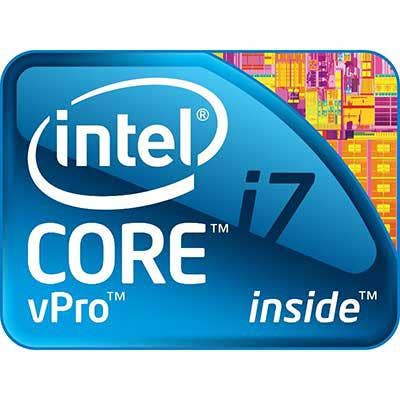
Seventh-Gen vPro For The Enterprise
Intel Tuesday unveiled its seventh-generation Core vPro processors.
The Santa Clara, Calif.-based company said its newest processors feature best-in-class performance, a record range of business designs, and new security advancements that make them perfect for businesses.
"Partners can provide a better level of support and service to customers using vPro at scale," Tom Garrison, vice president and general manager of Business Client Platforms at Intel, told CRN. "You don't want to have to send someone to a customer's office to fix something, and vPro lets you fix problems remotely."
Here are 10 key features in Intel's new Core vPro processors.
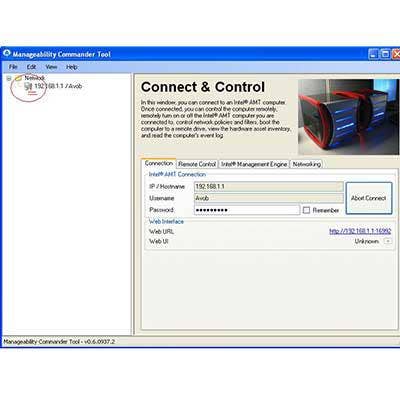
Intel Manageability Commander
One vital feature for enterprises is manageability, which enables companies to easily discover and manage PCs remotely.
The seventh-generation vPro processors feature a new manageability tool – the Intel Manageability Commander – to increase PC uptime and lower costs.
As part of Intel Manageability Commander, companies can seamlessly manage the keyboard, video and mouse components of the PC. Commander also integrates with other common management tools such as Microsoft System Center.

Intel Authenticate
Intel added an array of new security features to its vPro processor, including the addition of Intel Authenticate, a multifactor authentication solution.
Intel Authenticate, which the company touts as the industry's first enhanced multifactor authentication offering, makes it safer for consumers to log in to their PCs.
The offering, which ensures additional security with authentication factors including biometrics and protected PIN, previously was only available as a preview but will now be available as part of the seventh-generation vPro processors.

Data Guard
In addition to Intel Authenticate, businesses will also have access to Data Guard with the sixth and seventh-gen vPro processors.
Data Guard offers hardened IT-controlled protection to encrypt documents, whether on the PC, USB drive or cloud.
"We've seen a trend toward nearly persistent levels of attacks on enterprises around the world," said Intel's Garrison. "With vPro, businesses don't need to be an expert in protecting against these types of attacks because the security is built into the platform."
This new feature will be available for trial in the first quarter of 2017.
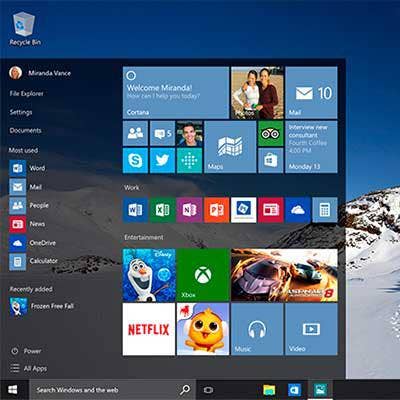
Windows 10 Compatibility
Intel also added more Windows 10 compatibility features as more businesses upgrade to Microsoft's newest operating system.
The two vendors collaborated around vPro's Intel Authenticate to integrate it with Microsoft's new Windows Hello secure sign-in feature on Windows 10. vPro's new Intel Manageability Commander also integrates with common management tools such as Microsoft System Center.
Garrison called Intel's partnership with Microsoft "key" for businesses to "have the best experience using Windows 10 with vPro."
Better Performance
Businesses that buy PCs with Intel's new Core vPro processors can expect a significant performance boost over their older devices.
The company said that the seventh-generation Core vPro processors will give desktops a 50 percent performance increase over five-year-old PCs.
Garrison said that in 2017, Intel expects to see more businesses look for new devices with better performance as they also upgrade their software to Microsoft's Windows 10 operating system.
"2017 will be important as more businesses will be transitioning from Windows 7 to Windows 10, and will also upgrade their hardware as they make that OS transition," he said.

Better Multitasking Capabilities And Battery Life
While designing the latest generation of Core vPro, Intel looked at other features that business employees will want in their devices, said Garrison.
Employees want better productivity and longer battery life on their devices, as they may be working while traveling.
The seventh-generation vPro will target this "new generation of business productivity," said Garrison, enabling devices with up to 50 percent better productivity and 65 percent faster multitasking than a five-year-old PC. Devices with Intel's new Core vPro also will have up to 10 hours of battery life.

Better Scalability For Different Businesses
Garrison stressed that Intel's new vPro chips are highly scalable so the security, manageability and productivity features aren't just targeted at large enterprises. They're also aimed at SMBs.
"You can manage however many clients you want to," he said. "The reality of vPro is that it also works in any environment – from the largest of enterprises to SMBs."
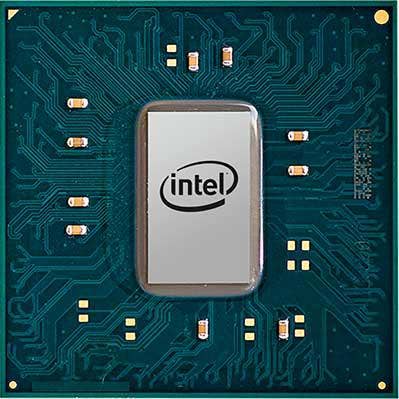
Broad Range Of Business Designs
Intel said that it has built a record range of seventh-generation vPro processor-based designs. The processor features more than 80 business notebook designs, 24 new 2-in-1 vPro designs and 24 vPro business desktop designs.
"One element of our strategy has always been around choice," said Garrison. "With more designs for different form factors, this is the broadest range we've ever had. IT wants to provide choices to business users; they don't want to have just one PC in selection for their fleet. Decision-makers can now have more."

Partner Opportunities
Intel partners are essential in deploying solutions around the new seventh-generation vPro processor-based devices, said Garrison.
"The partners for us are the way that you can reach a broader set of customers," he said. "They provide individual engagement with customers, and that is valuable to the customers."
Now, with vPro, partners can bring a better, more secure and manageable product to customers.
"The opportunity for [partners] is around vPro and being able to provide that level of support and service to customers using vPro at scale," he said.
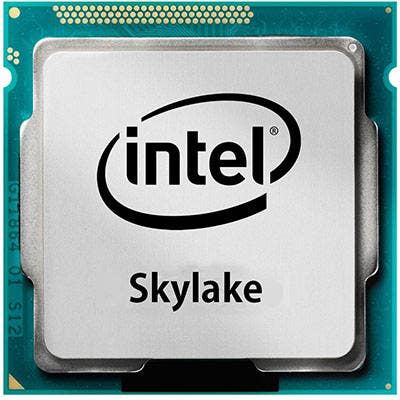
14-Nanometer Processor
Intel's vPro model is based on its seventh-generation Kaby Lake processors, released in 2016.
These 14-nanometer processors target the user experience with a tightened focus on 4K UHD.
Kaby Lake will have the same design as Skylake, representing a break in Intel's "tick-tock" schedule; while the "tick" symbolizes a reproduction in node size, "tock" represents a new architecture.
Although Intel has been utilizing its "tick-tock" schedule since 2007, delays occurred last year. Its 14-nanometer Broadwell chips were pushed behind schedule as chips become smaller and more difficult to manufacture in a hyper-competitive semiconductor industry.